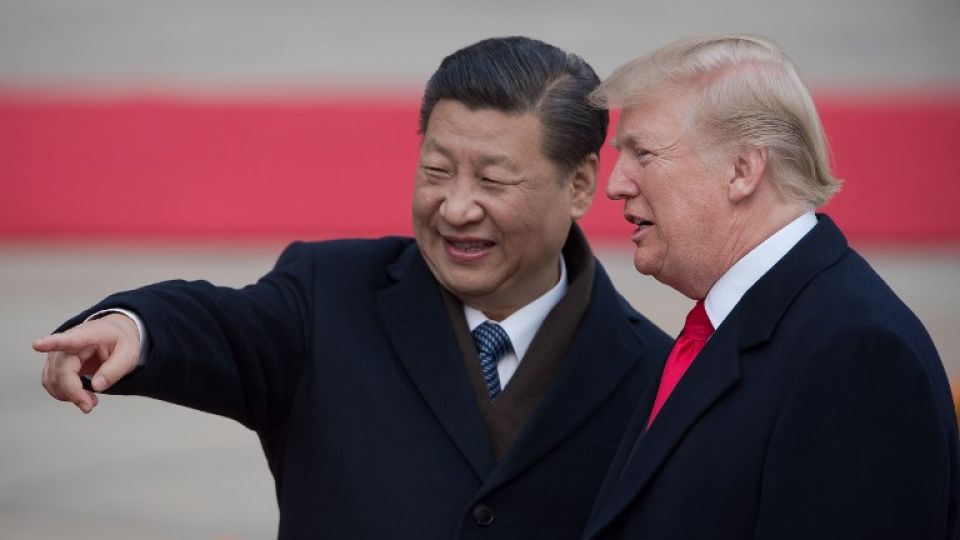June 11, 2021
Beijing — I was surprised by how easily it could all be broken. Last month, I watched from a reporter’s seat on the second floor of the Great Hall of the People as the National People’s Congress — China’s equivalent of the Japanese Diet — voted to amend the Chinese Constitution.
A blue electronic board in the chamber showed 2,958 votes in favor of the measure, two votes against, three abstentions and one invalid ballot.
Amid thunderous applause, the congress abolished a clause in the Constitution limiting the Chinese presidency to two terms totaling 10 years, enabling Chinese President Xi Jinping, who is also general secretary of the Communist Party of China, to keep his position indefinitely.
The term limit was imposed following the reign of Mao Zedong, the country’s founding leader who clung to power until his death and caused starvation and internal strife during his dictatorial rule.
Deng Xiaoping, who assumed leadership of the country after Mao’s death, installed the limit as a “lock” of sorts to prevent the emergence of a second Mao.
The Chinese administration explained the amendment as aligning the presidency with the posts of party general secretary and chairman of the Central Military Commission — both offices with no term limits.
I can’t help being surprised by the decision.
The party customarily withholds new appointments or reappointments to members of the Politburo Standing Committee, including the general secretary, who are 68 or older.
It also has a provisional rule stipulating party leaders can only remain in their posts for up to two terms and 10 years, in line with the Constitution. What happened to that rule?
Though I have covered China as a reporter for more than 20 years, I now have a very bitter feeling.
Until recently, I strongly believed that China, which has been making progress, would in the long-term continue moving toward freedom, democracy, a market economy and other values that I share. Although there might be twists and turns and progress might be slow, I had been very positive about the direction in which it was headed.
Deng once said, “It is unhealthy and risky to leave the fate of a nation to an individual.” The situation unfolding before us reminds me of that remark. Naive optimism must be no longer permissible.
Nevertheless, the streets of Beijing are very quiet.
In China, many people believe that strong leaders are necessary, and Xi remains very popular. According to a source close to the party, the vast low-income bracket, which has been marginalized by the reform and opening-up policy, supports Xi for successively arresting wicked individuals through his anticorruption campaign and for steadily raising the minimum wage.
This view could relate to the tendency of ordinary Chinese to keep politics at arm’s length, aside from when they are starving, and to adjust themselves to the circumstances of the moment.
The Chinese administration has fed public indifference as it erases the memories and knowledge of tragedies from the Mao years by deleting relevant descriptions in history textbooks and exhibitions in museums.
On the other hand, there are many people who are anxious about the Xi administration, particularly intellectuals and those old enough to remember Mao’s reign. However, such people have no choice but to stay silent amid the country’s oppressive society, which is subject to surveillance and strict regulations on speech.
The sturdiest resistance must be anonymous criticism on the internet that utilizes secret language.
After the Constitution was amended, I asked a store owner acquaintance of mine in his 50s for his impressions.
“China needs a strong leader,” he said. I was taken aback by the small voice in which he replied. This was someone who loudly criticized dictatorial rule, even when there were customers around. I was unable to ask what happened to him. He smiled faintly as if to tell me, “Let’s stop talking about this.”


